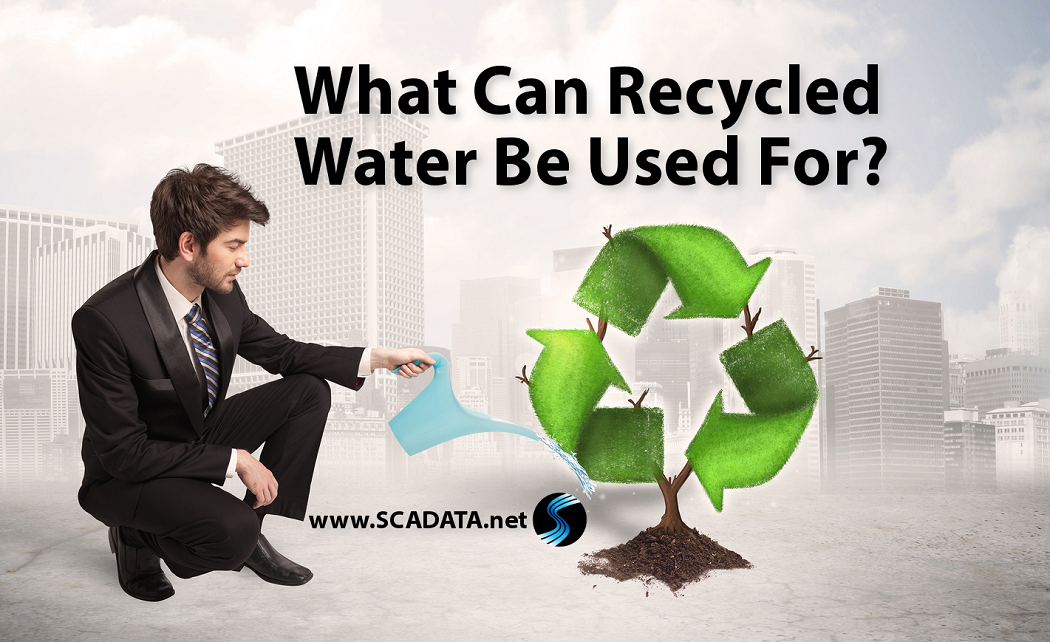Recycling has long been recognized as a beneficial practice. While the word recycling may conjure images of used cans and discarded paper, this practice also has many benefits for water. We live in a world where clean drinking water does not exist in an endless supply. We must use it to the best of our abilities and this includes reusing our water in ways to preserve our clean drinking water.
Water can be reused and recycled onsite. Gray water can be repurposed for other applications. Treated water can be sold to private companies for operational use. There are many possibilities.
One element to note here is the difference between recycled water and gray water. Gray water presents a good opportunity in the reuse of water. Gray water includes the wastewater from offices and households, such as used washing water or runoff from showers and baths. This DOES NOT include water contaminated with fecal matter (otherwise known as black water.) Reclaimed or recycled water is water that was previously sewage which has undergone treatment to remove the waste material. While neither of these is fit for drinking, there are many other applications that can reduce the burden on our clean drinking supply.
Recycled water can be used for many applications and does not require the same extensive treatment processes as drinking water. For example, this reclaimed water can be used for
- Fire protection: Containing a fire often requires a large amount of water. However, using recycled water for this purpose is not only economical, but it saves clean water for drinking purposes.
- Industrial uses: Many industrial processes require a large amount of water for cooling or boiling. This does not need to come from our drinking water supply and is a good application for reused water. Plants, mills, power plants, oil refineries, and areas under construction are all good candidates for water recycling. While water is necessary for cooling purposes or even mixing concrete, the water does not need to meet the standards of clean drinking water.
- Landscaping and irrigation: There is no need to use potable water to make your lawn prettier. Recycled water can be used to water large or small landscaping and could replace the large amounts of water necessary to keep a golf course bright and green. Public areas are another great candidate for recycling.
- Sanitation: We can reduce the amount of water needed for sanitation purposes. Rather than pumping in clean water for toilets, recycled water can be used for flushing purposes and can reduce the amount needed for sewage purposes.
The possibilities are vast. With a little dedication and creativity we can make great use of our water supplies and help us make a more sustainable future.
In addition to the above benefits, using recycled water can also make fiscal sense. Selling recycled water at a low cost presents an opportunity for municipalities to unload treated sewage and is more cost-efficient for those on the purchasing end, as well. In addition, reusing wastewater helps on an environmental level. It lowers the possibility of pollution.
As an added bonus, using recycled water can help reduce the amount that is taken from areas with sensitive ecosystems, helping them thrive. There is also less chance that used water will end up in freshwater supplies as a means of getting rid of used water.
Want to learn more about what has to be done to water to meet the standards for reuse? The EPA has released a document detailing Guidelines for Water Reuse.




